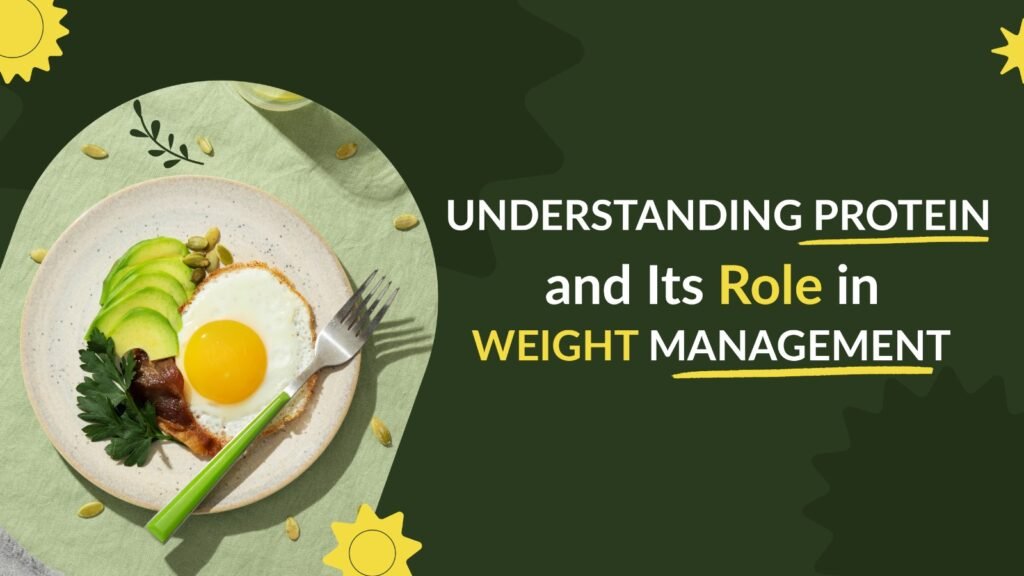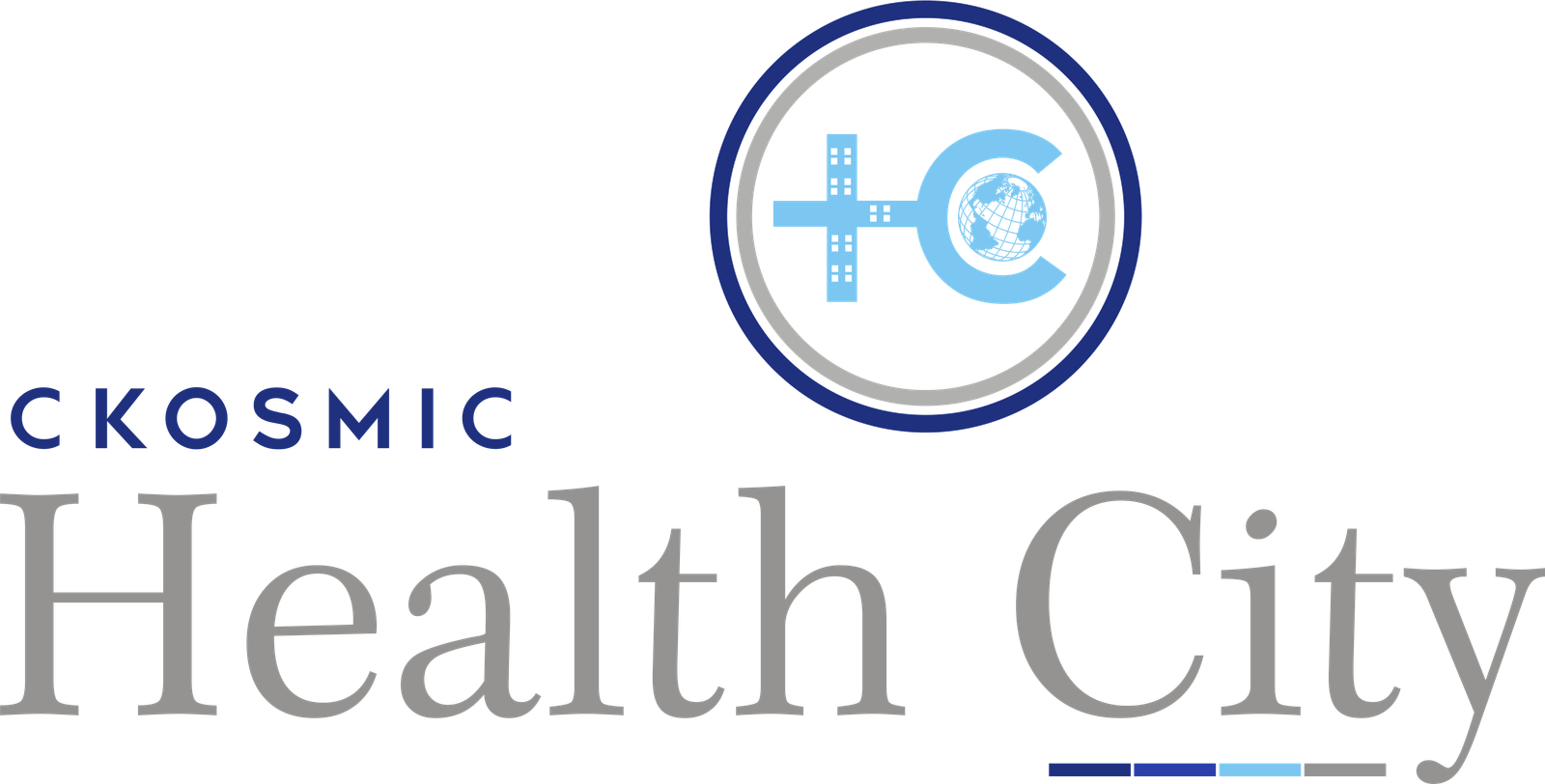
When the talk starts about weight management, we often hear about cutting carbs or reducing fats, and another essential link in this chain is a protein-rich diet. This essential macronutrient plays a crucial role in weight management, and understanding how it works can help you achieve your weight loss goals.
At CKOSMIC Health City, the best weight loss hospital in Punjab, Dr. Amit Sood, recognized as the best weight loss surgeon in Punjab, works with a multidisciplinary team of experts, including leading nutritionists to ensure that the patients understand the importance of each component of their diet. “A protein-rich diet,”, says Dr. Amit Sood, “is essential for sustainable weight loss.”
Let’s dive into the chemistry of protein and how it impacts weight loss.
Understanding Protein: What is it?
Proteins are large, complex molecules composed of smaller units called amino acids. Amino acids are the units that come together to form proteins. There are 20 different amino acids, and they combine in various sequences and form different proteins. Out of the twenty amino acids, nine are essential, which means our bodies cannot produce them, so we must get them from our diet.
How Does Protein Help with Weight Management?
Protein is a powerhouse in weight management and plays a crucial role. Here’s how:
Satiety and Reduced Appetite
Protein is more satiating than carbohydrates or fats. Eating protein-rich foods can make you feel fuller for longer, reducing your overall calorie intake. This happens because protein affects the levels of hormones that regulate hunger, such as ghrelin (which increases appetite) and peptide YY (which decreases appetite).
Thermic Effect of Food (TEF)
The body uses more energy to digest, absorb, and metabolize protein while digesting carbs and fats uses less energy. You can call this food’s thermic effect. Protein’s TEF is about 20-30%, meaning that 20-30% of the calories from protein get burned during digestion, compared to 5-10% for carbs and 0-3% for fats.
Preserving Lean Muscle Mass
While trying for weight loss, you need to ensure that your lean muscle mass is preserved. Understanding Protein it provides the amino acids needed to build and repair muscle tissues. More muscle mass means a higher metabolic rate, which helps you burn more calories, even at rest.
The Chemistry of Protein in Weight Management
Understanding protein insides and break down the chemical aspects of protein and how they play a role in weight management:
Amino Acids and Muscle Protein Synthesis (MPS)
When you consume protein, it’s broken down into amino acids, which are then used for muscle protein synthesis (MPS). Muscle protein synthesis is the process which involves building new muscle proteins, essential for muscle growth and repair.
Glucagon and Insulin
Protein intake stimulates the release of glucagon, a hormone that helps regulate blood sugar levels by promoting the release of stored glucose from the liver. It also has a minimal impact on insulin levels, unlike carbohydrates, which can lead to better blood sugar control and less fat storage.
Nitrogen Balance
Protein intake affects nitrogen balance, which is crucial for muscle maintenance. A positive nitrogen balance means the body is in an anabolic state (building muscle), while a negative nitrogen balance signifies a catabolic state (breaking down muscle). With proper protein intake, you can maintain your body’s positive nitrogen balance.
Factors Affecting Protein’s Role in Weight Management
Several factors can influence how effective protein is in aiding weight management. Primary factors include:
Quality of Protein
Protein can come from varying sources and may vary in quality. High-quality proteins, like those from animal sources (meat, fish, eggs, dairy), contain all essential amino acids in the required proportions. Plant-based proteins may lack some essential amino acids, so combining different plant sources (e.g., beans and rice) can help ensure you get a complete protein. Nutrition experts at the best weight loss hospital design a diet plan ensuring even if you only consume a veg diet, you don’t fall back on the essential proteins.
Timing of Protein Intake
The ideal approach is to spread protein intake throughout the day to optimize muscle protein synthesis. Consuming protein with each meal, especially after workouts, can help with muscle recovery and growth. Dr. Amit Sood, the best weight loss surgeon in Punjab stresses the importance of being smart about cultivating a routine that ensures you get a timely dose of protein to keep you energised and on track the entire day.
Amount of Protein
The amount of protein you need depends on various factors, including your age, sex, activity level, and weight loss goals. A good rule of thumb is to consume 0.8 to 1.2 grams of protein per kilogram of your body weight. For those involved in intense physical activity, higher intake may be necessary. Nutrition experts at the best weight loss hospital in Punjab ensure that their diet plans don’t overlook individual requirements and with regular check-ins, they remedy any oversight promptly.
Individual Metabolism
Everyone’s metabolism is different. Some people may respond better at higher protein intake, while others might not see the same benefits. It’s best to figure out what approach can benefit you the best. From the initial consultation to the post-surgery support, the best weight loss surgeon in Punjab ensures that all the solutions are personalized and effective.
Practical Tips for Incorporating Protein into Your Diet
Here are some practical tips to help you incorporate more protein into your diet for effective weight management:
- Start Your Day with Protein: Include protein in your breakfast to kick-start your metabolism and keep you full until lunch. Eggs, Greek yoghurt, and protein smoothies are great options.
- Choose Protein-Rich Snacks: Opt for snacks high in protein, such as nuts, cheese, or a protein bar, instead of reaching for carb-heavy or sugary snacks.
- Include Protein in Every Meal: Ensure a source of protein with each meal. This could be lean meats, fish, legumes, or tofu.
- Use Protein Supplements: If you find it challenging to get enough protein from whole foods, consider using protein supplements like whey or plant-based protein powders.
- Balance Your Macronutrients: While understanding protein is important, don’t neglect carbs and fats. A balanced diet including all three macronutrients is essential for overall health and effective weight management.
At the End –
Understanding protein and role in the weight management can be a game-changer in your weight loss journey. By incorporating adequate, high-quality protein into your diet, you can feel fuller, burn more calories, preserve muscle mass, and achieve better overall health. Whether you’re just starting or looking to fine-tune your approach, you can get expert advice and personalized weight loss solutions from the best weight loss surgeon at CKOSMIC Health City, the best weight loss hospital in Punjab. We are here to support you every step of the way.

